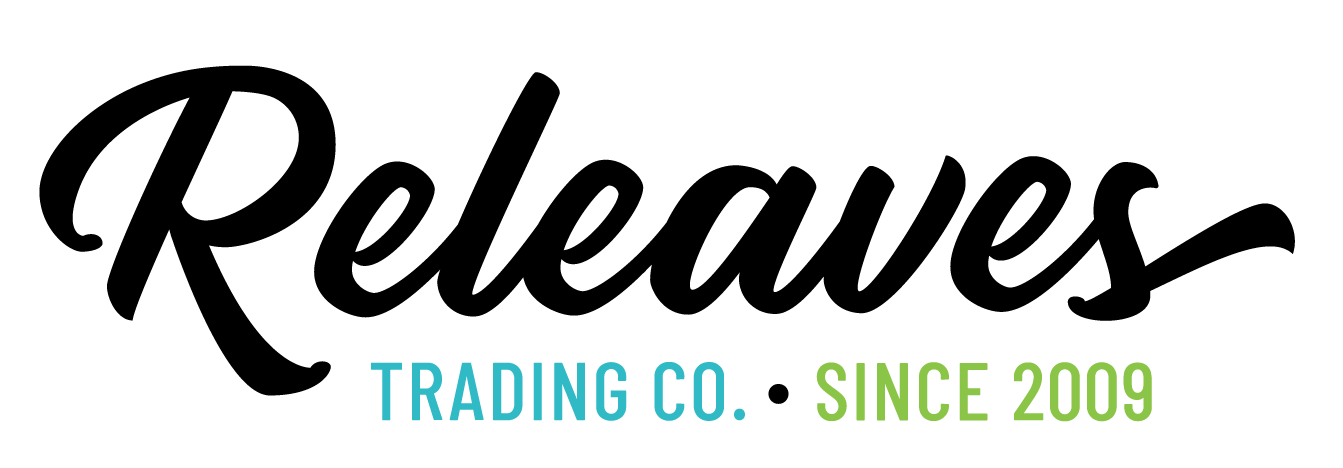
15 Apr THC vs CBD: What’s the Difference?
CHEMICAL MAKEUP & EFFECTS
Tetrahydrocannabinol (THC) and Cannabidiol (CBD) are both cannabinoids found in the cannabis plant. Cannabinoids interact with the body’s Endocannabinoid System (ECS).
While CBD and THC are identical in chemical makeup, THC induces psychoactive effects (gets you “high”) while CBD does not.
Why is this?
Both cannabinoids interact with the CB1 and CB2 receptors in our brain. CB1 receptors are found most in parts of the brain that handle mental and physiological processes (memory, emotion, movement, etc.), while CB2 receptors are found throughout the central nervous and immune systems.
CBD and THC both bind to CB2 receptors; it’s their interactions with CB1 receptors that sets them apart and gives them different effects on our bodies.
THC binds directly with CB1 receptors, and these bonds create signals sent to the brain which result in the feeling of getting high. Oppositely, CBD cannot bond directly with CB1 receptors. In fact, its presence can counteract the psychoactive effects of THC by disrupting the bond between THC and the CB1 receptors.
MEDICINAL USES
Both THC and CBD have awesome health benefits. THC is particularly good at treating nausea, insomnia, and appetite loss. CBD is great at combating epilepsy and seizure disorders, pain and inflammation, and anxiety, and is also used to treat Crohn’s disease and Multiple sclerosis.
LEGALITY
CBD derived from hemp became federally legal under the US Farm Bill of 2014.
However, CBD derived from marijuana is not federally legal. States can determine their own laws about CBD, however. Due to the confusion around hemp vs marijuana, legality across the states has become confusing, to say the least.

